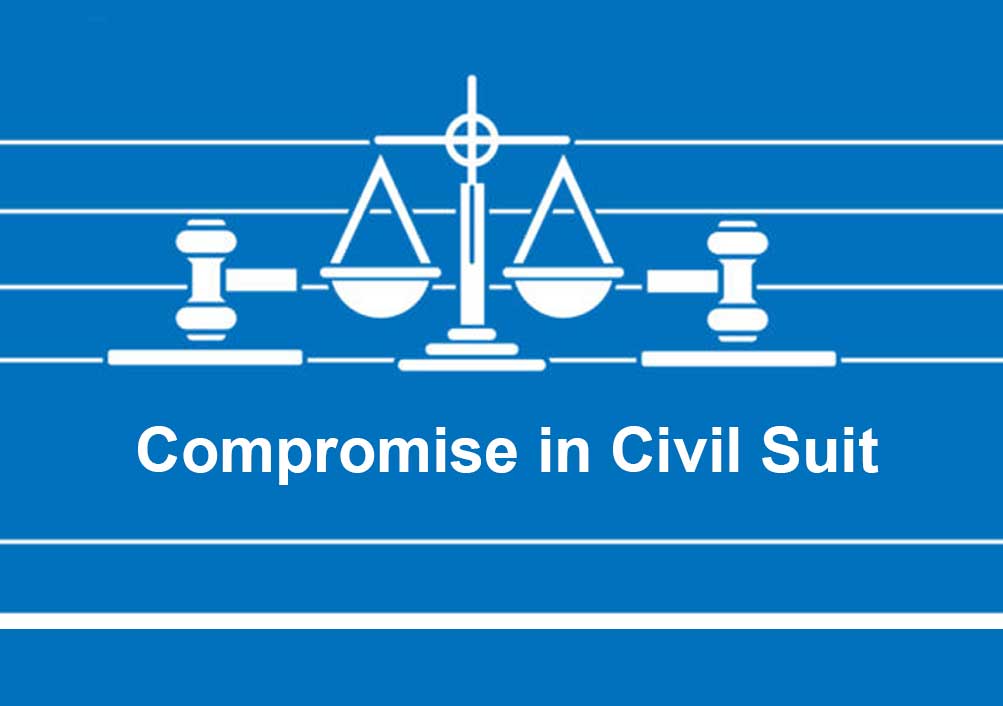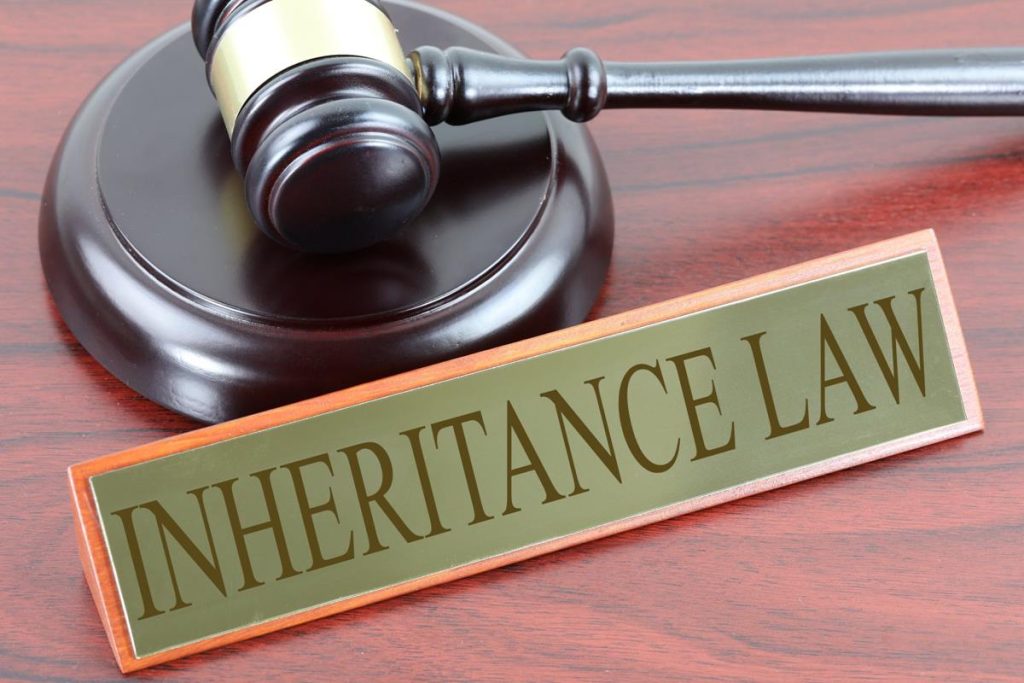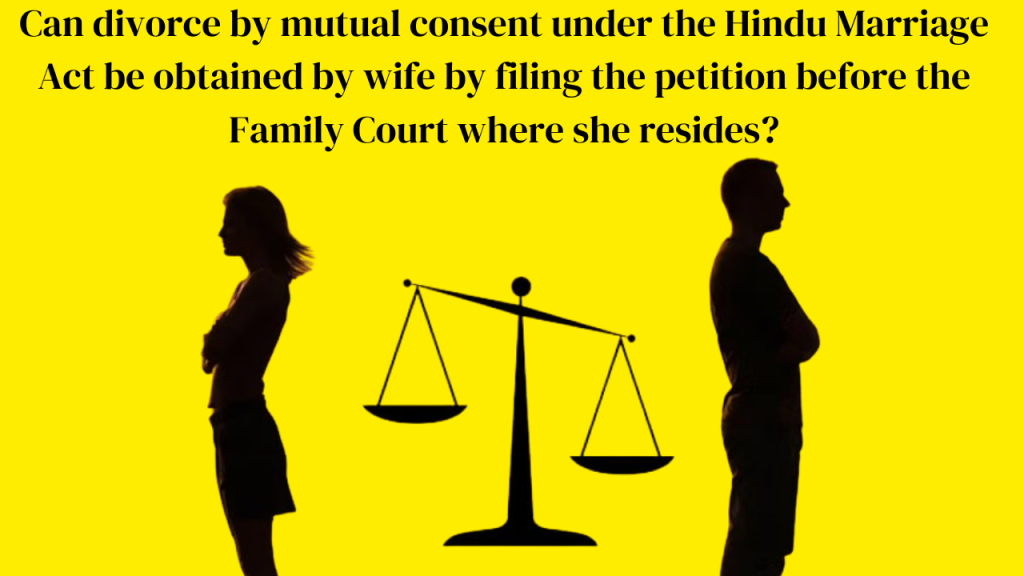When your client was named an accused by an informant, and the police has closed the complaint/case citing the reason that the same is false complaint or information given by the complainant on purpose, then you can pray such police officer to file a complaint before the concerned Magistrate against the person who gave false information. The two offences under the Indian Penal Code, 1872(hereinafter ‘IPC’), that you must be aware of are:- Sections 182 and 211. Section 182 of the IPC reads,
“182. False information, with inent to cause public servant to use his lawful power to the injury of another person.- Whoever gives to any public servant any information which he knows or believes to be false, intending thereby to cause, or knowing it to be likely that he will thereby cause, such public servant
(a) to do or omit anything which such public servant ought not to do or omit if the true state of facts respecting which such information is given were known by him, or
(b) to use the lawful power of such public servant to the injury or annoyance of any person, shall be punished with imprisonment of either description for a term which may extend to six months, or with fine which may extend to one thousand rupees, or with both.” (EMPHASIS SUPPLIED)
Section 211 of the IPC reads,
“211. False charge of offence made with intent to injure.-
Whoever, with intent to cause injury to any person, institutes or causes to be instituted any criminal proceeding against that person, or falsely charges any person with having committed an offence, knowing that there is no just or lawful ground for such proceeding or charge against that person, shall be punished with imprisonment of either description for a term which may extend to two years, or with fine, or with both; and if such criminal proceeding be instituted on a false charge of an offence punishable with death, imprisonment for life, or imprisonment for seven years or upwards, shall be punishable with imprisonment of either description for a term which may extend to seven years, and shall also be liable to fine.” (EMPHASIS SUPPLIED)
Lawyers’ Society provides Services to both Advocates & Non-Advocates, check out our services!
- At the outset, it is necessary to see that both Ss. 182 and 211 seem to be the same offence in some manner. Section 182(b) and Section 211 both provide for an offence where a false complaint is made to cause injury to someone.
- It may be said that Section 182 IPC covers much wider variety of cases compared to Section 211 IPC, which is much more specific. Section 211 IPC provides only for institution of false cases, or charging someone with false allegations, whereas Section 182 IPC could include scenarios like giving false information to a public servant inorder to just annoy a neighbor. Section 182 IPC does not specifically provide only for a scenario where someone implicates another person in a criminal case. So, every offence u/s 211 IPC will also be an offence u/s 182 IPC, but not every offence u/s 182 IPC will be an offence u/s 211 IPC.
- It can be seen that Section 195(1) (a)(i) of Cr.P.C., requires that for an offence u/s 182 IPC, only the concerned public servant, or a public servant to whom the former is subordinate, can initiate a complaint. Likewise, as per Section 195(1)(b)(i), if an offence u/s 211 IPC is committed in, or in relation to, any proceeding in any Court, only the Court or such officer of the Court as that Court may authorise in writing in this behalf, or some other Court to which that Court is subordinate, can initiate a complaint.
Section 195(1)(b)(i) was interpreted by the Chattisgarh High Court in the case of Smt. Chetna Surana v. State of Chattisgarh (W.P. (Crl). No. 2147/ 2010, Dt. 27.03.2012). It was held that it is not required that the Court must initiate the complaint where the offence u/s 211 IPC is committed by giving false complaint before the police. The relevant paragraph is extracted here:-
“20. So far as the complaint under Section 211 of the I.P.C. is concerned, it may be noticed that offence under Section 211 ofthe I.P.C. has been referred to in clause (b) sub-clause (i) of Section 195(1) of Cr.P.C. The last sentence of Sectipn 195 (b) reads: “except on complaint in writing of that Court or some other Court to which that Court is subordinate.” The complaint by Court is needed when “the offence is alleged to have been committed in or in relation to, any proceeding in Court” (vide last part of sub-clause (i) of clause (b). So, where a false charge is made to the Police and not to a Court no sanction under Section 195(b)(i) is needed.”
Therefore, it can be said that where a false complaint is made before a police officer, an action for offence u/s 182 r/w 211 IPC can be taken. And, it is only the concerned police officer who can initiate action.
Here, it is necessary to realize that both Ss. 182 and 211 IPC require knowledge and false intention on part of the informant.
The Hon’ble SC in the case of Santosh Bakshi v. State of Punjab ((2014) 13 SCC 25), quashed a proceeding for offence u/s 182 IPC stating that the investigating agency failed to show that the appellant had given information which she was knowing and believing to be false, and that in the investigation report it had not been reported that the appellant was knowing that the information given was false but still gave the information to harass Respondent 3. This view was followed by the Chattisgarh HC in Smt. Chetna Surana v. State of Chattisgarh (Crl. Misc. Petition No. 406/ 2013, Dt. 19.06.2019 – 2019 SCC OnLine Chh 54).
It can be seen that the complaint/FIR must be closed for a specific reason- that the informant had given false information knowingly to harass the accused, inorder for the police officer to then proceed against the informant u/s 182 r/w 211 IPC.
- Only the police officer who received information, or his senior, is empowered to file a complaint before the Magistrate for offence u/s 182 and 211 IPC:
From cases like State v. Bala Prasad (Rajasthan HC – AIR 1952 Raj 142), Smt. Kailash Kumari v. State of U.P.(Allahabad HC – Crl. Misc. Application No. 10442/1987, Dt. 01.12.2006), it is evident that a complaint filed by a police officer who did not receive the information himself, or by a police officer sub-ordinate to the police officer who received the information, the same is not maintainable. Therefore it is necessary that only the police officer who received the false information, or his senior officer, files the complaint before the Magistrate to initiate action against such informant who had given false information.
CONCLUSION:
Therefore, if your client is caught in a web of false complaint(s) instituted with ulterior motive, and the police has closed the case for the same reason, you can request the police to file a complaint before the Magistrate, or in case they fail to do so, request the High Court u/s 482 Cr.P.C., to direct the police officer concerned to exercise such a power.
Views are personal. Contact for personal assistance.
Subscribe to the Lawyers’ Society Youtube Channel to receive informative legal videos.










It’s a interesting law point discuss and I appreciate your hard work